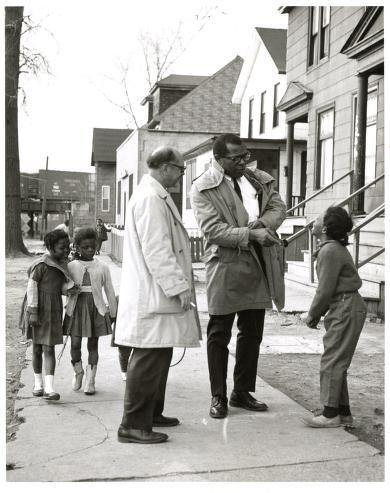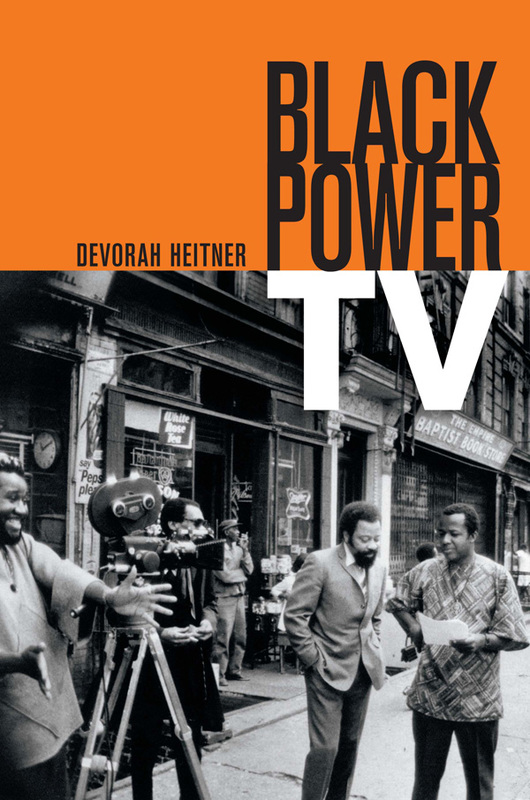African Americans Creating Media in the US
In December 2020, Hartford Smith, Jr. spoke with archivist Stephanie Sapienza, reflecting on his career and Seeds of Discontent. He talks about how his own positionality, as an African American man who moved to Michigan from the South to seek less prejudice and more opportunity, informed his investment in the project of understanding the roots of discontent in Detroit. In this light, Smith's efforts to create a radio program that sought to contextualize African American experiences from an African American perspective can be understood as part of the long history of Black Americans utilizing media to make public perspectives that were typically excluded from legacy media. This portion of the exhibit discusses some aspects of this history to further contextualize Seeds of Discontent.
In her book Black Power TV (2013), media historian Devorah Heitner analyzes the same critical moment in American collective consciousness (particularly with respect to race and racism) that Hartford Smith Jr. seeks to contextualize in Seeds of Discontent—the late 1960s into the 1970s. To set up her analysis, Heitner articulates how public affairs television programming that was led by Black producers and creators can be understood as a descendant of the Black press in the 1930s and 1940s. This background highlights how, across decades, African American media professionals sought to cultivate spaces for Black people to see themselves and their communities reflected and represented more authentically; further, these professionals ultimately use media to make Black humanity more legible to non-Black audiences. Scholars including Anna Everett and Miriam J. Petty have also documented and analyzed the role of African American media makers from the 1890s up to the 1940s. They similarly point to ways that African Americans have sought to cultivate counterpublics through writing, radio, and, film, balancing a desire to render their perspectives visible with a need to prioritize safety amidst disregard and even hostility stemming from oppressive societal structures.
Various personal documents and notes from Smith's collection that provide insight about the planning and proposal process for Seeds of Discontent. Includes budget, script drafts, production details, and proposals for future continuing efforts.
With Seeds of Discontent, Smith created and produced a radio series that entered into the same lineage. He sought to ask questions that he, as a Black social worker living and working in Detroit, was interested in hearing answers to, and he sought to hear the answers from the perspectives of the people who were rarely consulted, even when they were analyzed and reported on by legacy media outlets. In writing and editing the interviews, Smith centered an African American perspective to talk about the roots of African American discontent in the United States. He then utilized his findings to draw connections between those points of view and those belonging to a range of groups commonly blamed for societal unrest at the time, whose backgrounds spanned across several social, economic, political, and geographic positions. Flip through the upload to the right which includes a range of documents that illustrate the planning and organization of the program.

